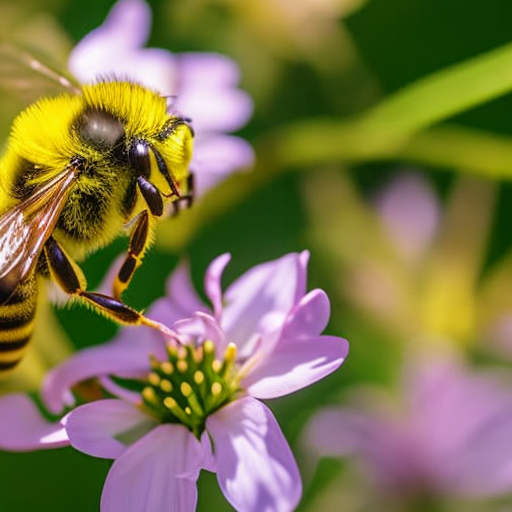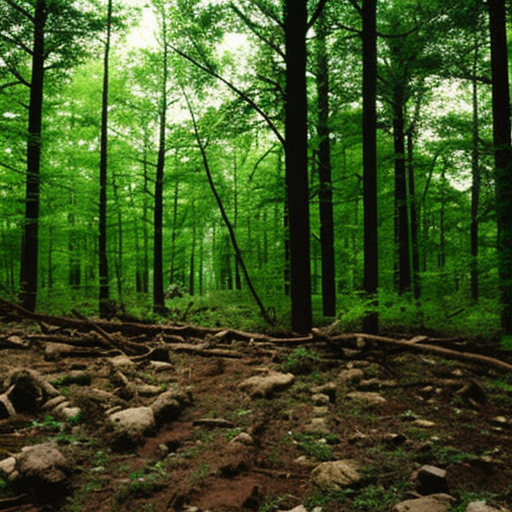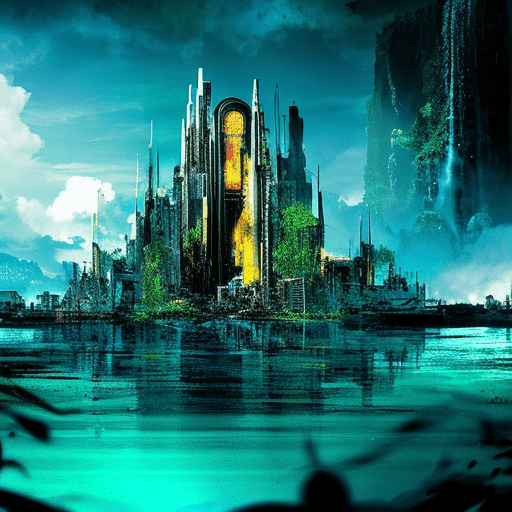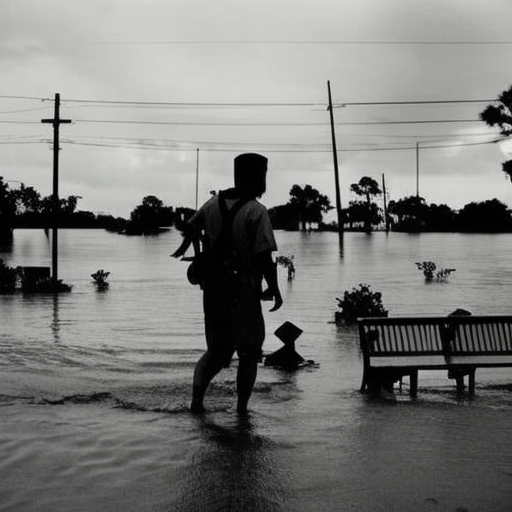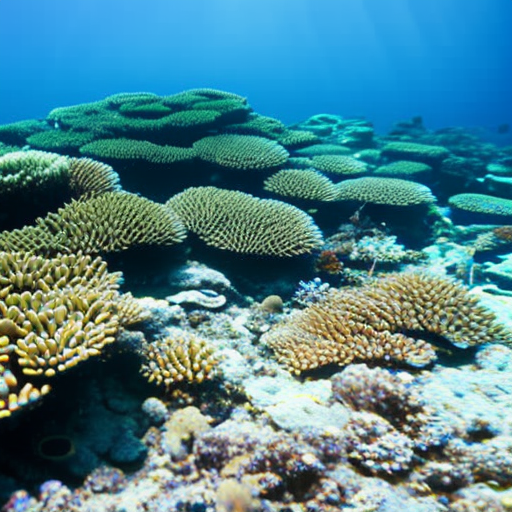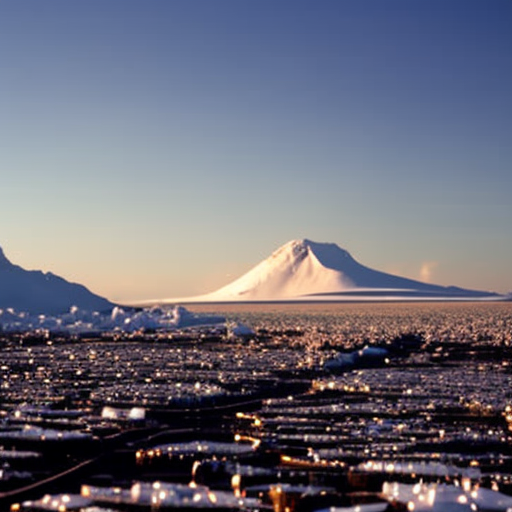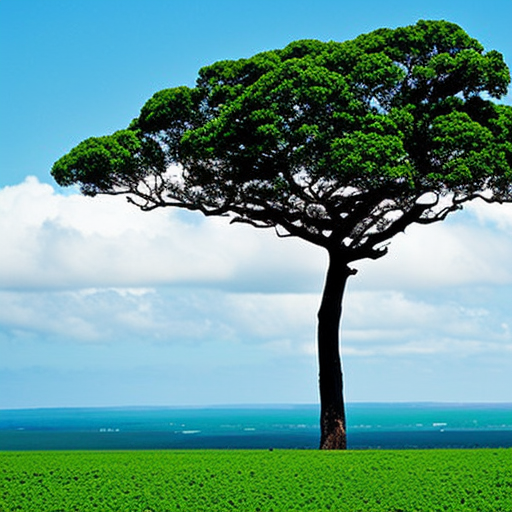Ecosystem services refer to the benefits that humans receive from natural ecosystems, including clean water, air, and food production.
Ecosystem Resilience Explained
Ecosystem resilience refers to the ability of an ecosystem to withstand and recover from disturbances while maintaining its structure and function.
Carbon Neutrality Explained
Carbon neutrality refers to the state of achieving a balance between carbon emissions and carbon removal from the atmosphere, ultimately mitigating climate change.
Tropical Cyclones Explained
Tropical cyclones are powerful and destructive storms that form over warm ocean waters, characterized by strong winds and heavy rainfall.
The Drowned World Summary
The Drowned World” by J.G. Ballard is a dystopian novel set in a future where rising sea levels have transformed the world into a tropical wasteland.
Interstellar Summary
In a desperate search for a habitable planet, a group of astronauts travel through a wormhole to save humanity from extinction.
Hurricane Isaac Explained
Hurricane Isaac was a destructive Category 1 hurricane that impacted the Caribbean and Gulf Coast of the United States in 2012.
Ocean Acidification Explained
Ocean acidification is the ongoing decrease in the pH of Earth’s oceans, primarily caused by the absorption of carbon dioxide from the atmosphere.
Climate Change Explained
Climate change refers to long-term shifts in temperature and weather patterns caused by human activities, primarily the burning of fossil fuels and deforestation, leading to detrimental impacts on ecosystems and human societies.
Renewable Energy Explained
Renewable energy refers to sustainable sources of power that can be replenished naturally, such as solar, wind, hydro, and geothermal energy.
Deforestation Explained
Deforestation refers to the permanent removal of trees and vegetation from forests, leading to environmental degradation and loss of biodiversity.
Biodiversity Loss Explained
Biodiversity loss refers to the decline in the variety of species and ecosystems, leading to negative impacts on the environment and human well-being.









